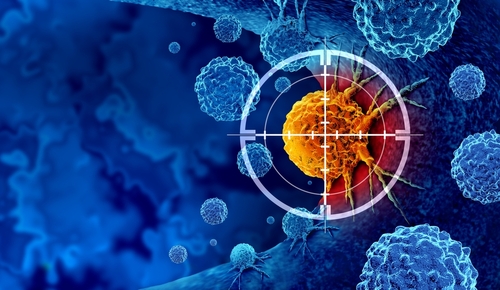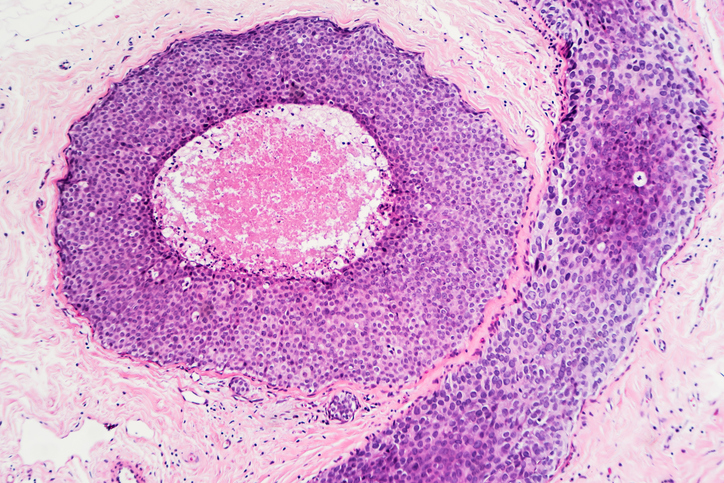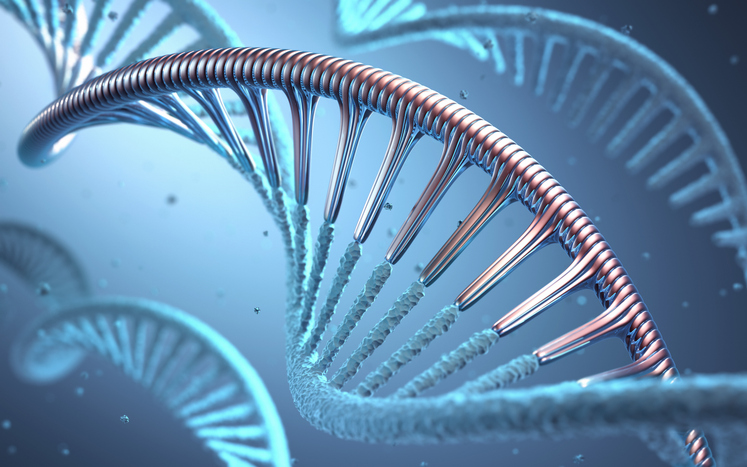
Researchers have identified immune system white blood cells using human breast cancer cells that appear closely related to breast cancer cells that are likely to metastasize. They believe that the findings, focused on macrophages, may provide a novel biological target for immunotherapies. The findings were published in the journal Oncogene.
“One of the most exciting developments in cancer treatment is immunotherapy — drugs that help the immune system attack a tumor,” says Andrew Ewald, PhD, professor and director of the Department of Cell Biology and director of the Johns Hopkins Giovanis Institute via a press release. However, Dr. Ewald notes such immunotherapies so far work only for a subset of patients, which highlights the importance of identifying cellular targets to broaden the effectiveness of such therapies.
In an effort to discern which cells are closest to breast cancer cells, the investigators assessed both primary and metastatic breast cancer tissue samples from 24 people who died from breast cancer and who donated their tissues to Johns Hopkins researchers through a rapid autopsy program. They used mass cytometry to analyze and map cells in the tissue samples. Also, the researchers used 36 biomarkers to pinpoint metastasis-initiating cells and other “signatures” to identify cells in close proximity to them.
“What popped out at us, among immune system cells, was a subset of macrophages very close to or touching metastasis-initiating cells in the primary and metastatic tissue samples,” said Kimmel Cancer Center oncologist and imaging expert Won Jin Ho, MD. The macrophage subsets are a minority — about 1%–5% — of the cells present in the tumor.
The findings confirmed the presence of key macrophage subsets in another set of more than 100 breast cancer samples from a tumor bank from a previous study, showing that such distinct macrophage subtypes are in fact related.
“As discovery-based scientists, we’re looking for ways to change the immune system’s spatial organization in the microenvironment surrounding cancer cells,” says Dr. Ewald. “Eventually, we could develop biologic therapies to change how neighborhoods of cancer cells are organized.”







 © 2025 Mashup Media, LLC, a Formedics Property. All Rights Reserved.
© 2025 Mashup Media, LLC, a Formedics Property. All Rights Reserved.